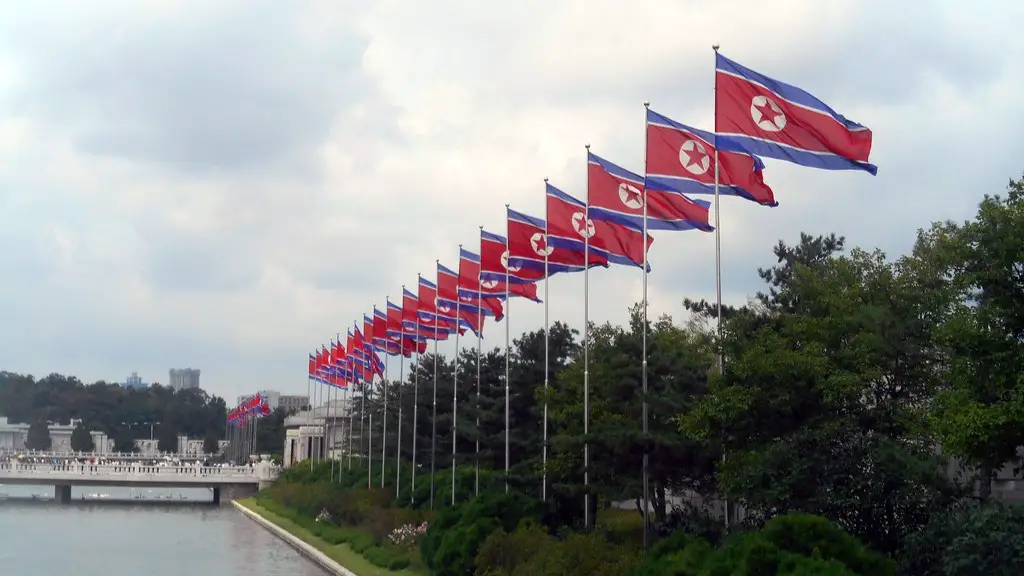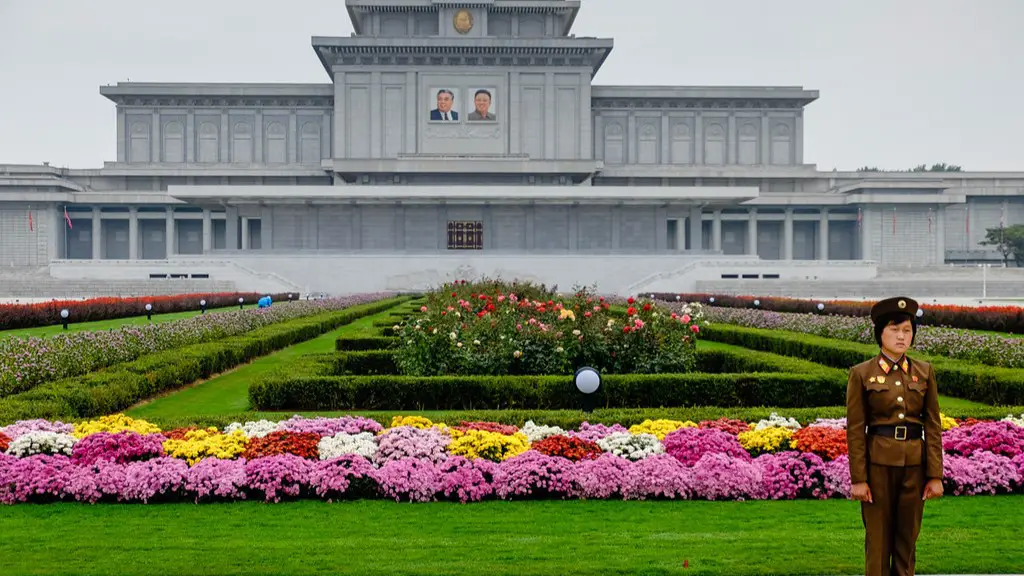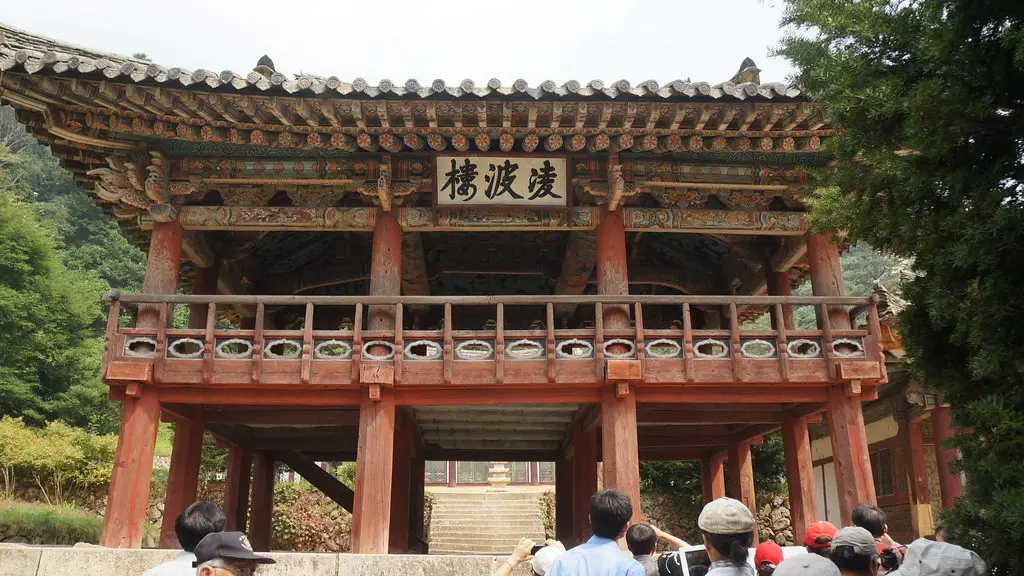Political Motives
Otto Warmbier, a 22 year-old student from Ohio, was arrested in North Korea in January 2016. He was accused of attempting to steal a political poster and subsequently sentenced to 15 years of hard labor. Although the circumstances surrounding Otto’s death remain largely unknown, there are some theories as to why he was arrested in the first place.
It is suggested that Otto’s arrest may have been politically motivated. North Korea’s government is often criticized for human rights abuses and its totalitarian style of rule. By arresting a foreigner, it may have been an attempt to show international observers that North Korea did not tolerate dissent and could impose harsh punishments.
Others have suggested that Otto’s arrest was part of a campaign to gain leverage and influence over the United States. By putting Otto in a difficult situation, the North Korean government was able to bring attention to their demands for sanctions relief. This could be evidence of North Korea’s decades-long strategy of using hostage diplomacy as a negotiating tactic in order to gain concessions from the United States.
Diplomatic Relations
In addition to the political motives of his arrest, there are also diplomatic reasons. North Korea and the United States have had a strained relationship for decades. The two countries have been hostile towards each other, and have had limited contact.
Therefore, when Otto was arrested in January 2016, it was a major incident in diplomatic relations. It was seen as a sign of the deteriorating relationship between the two countries, and was seen as a further complication to already stalled talks between the two nations.
The situation was further complicated by the fact that Otto’s arrest occurred during the Obama Administration. This was a time of heightened tensions between the United States and North Korea, as the Obama Administration had taken a hard stance against the North Korean regime.
North Korean Justice System
The North Korean judicial system is largely considered to be deeply flawed, with accusations of torture, lack of due process, and brutal punishments. Therefore, it is possible that Otto may not have been treated fairly while in North Korea.
Additionally, North Korea has a history of politically motivated arrests, and it is possible that Otto’s case could have been used as a form of political propaganda. It is also possible that North Korean officials may have wanted to use Otto as an example to show that they would not tolerate dissent, or even foreigners in their country.
Humanitarian Efforts
In the months following Otto’s arrest, human rights activists and international leaders called for his release. There were numerous diplomatic efforts to negotiate for his freedom, including a personal statement from then-President Obama, and calls from the United Nations for his release.
Finally, in June 2017, after 17 months in captivity, Otto was released by the North Korean government. He was in a coma and had suffered serious neurological injuries. Otto ultimately died six days after his release, and his death sparked further outrage at the North Korean government and its harsh treatment of prisoners.
Media Coverage
Otto’s arrest and subsequent death has been widely reported in both North America and the international media. It has been the subject of numerous articles on news sites and television broadcasts, as well as discussion in social media.
The coverage has drawn attention to the harsh conditions in North Korean prisons, and has helped to draw attention to the plight of prisoners in the country. It has also been used as a platform to discuss the strained relationship between North Korea and the United States, and the importance of human rights protection in countries around the world.
The Legacy of Otto Warmbier
The legacy of Otto Warmbier will live on. Despite the tragic circumstances of his death, his life has sparked global discussions about human rights, diplomacy, and global affairs. His life has been used as an example of the suffering of prisoners in North Korea, and his death was an important reminder of the need for improved humanitarian efforts in the country.
The story of Otto Warmbier is a reminder of the importance of making our voices heard, and standing up for the rights of all people, no matter who they are or where they come from.
International Reactions
The international community reacted swiftly to Otto’s arrest by releasing statements of condemnation and demanding his immediate release. The United Nations, European Union, and other international organizations also released statements criticizing the North Korean government and calling for Otto’s release.
However, despite the international outcry and diplomatic pressure, the North Korean government remained largely silent on the issue. They did not respond to calls for his release or offer any explanation for his arrest.
The lack of response from the North Korean government sparked further outrage from the international community. It also highlighted the difficulty of negotiating with the North Korean regime, and the need for improved diplomatic methods and communication strategies.
Impact of Otto Warmbier’s Death
Otto’s death has had a lasting impact in North America and around the world. It has drawn attention to the issues of human rights and global diplomacy, and has sparked discussion about how best to handle international political disputes.
Otto’s death has also served as a reminder of the importance of having open discourse between countries and the need to take a stand against oppressive regimes. His life and death will continue to be an important reminder of the need for increased humanitarian efforts and improved diplomatic relations.


